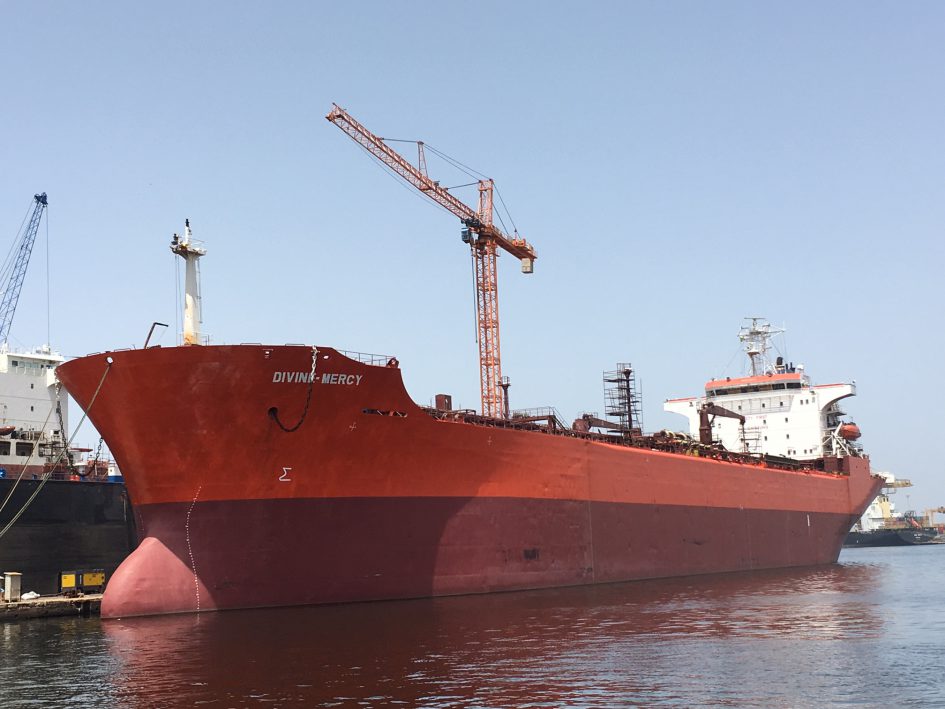For nearly two decades both the aviation and shipping industries have avoided global targets to cut CO2 emissions in the UN climate agreements. But in recent weeks, both the IMO (International Maritime Organisation) and ICAO (International Civil Aviation Organisation) have finally agreed global requirements for their industries, even if they focus on offsetting and technical solutions to reduce emissions.
In Montreal last month ICAO agreed that from 2020, any increase in airline CO2 emissions will be offset by activities like tree planting, which soak up CO2. The offsetting proposal is controversial as planting woodlands may simply duplicate efforts already being made, and the offsetting industry is said to be prone to double-counting.
Airlines are making planes more efficient, because using less fuel saves them money, but the industry can’t innovate fast enough to contain its dynamic growth. Click here to read the BBC news article on the aviation deal.
In London last month, IMO adopted a new mandatory data collection system to address greenhouse gas emissions. Under the new requirements, ships of 5,000 gross tonnage and above will have to collect consumption data for each type of fuel oil they use. Ships this size account for approximately 85% of CO2 emissions from international shipping. The data collected will provide the basis on which future decisions on improving ship energy efficiency and reducing emissions can be made. It is hoped that an initial greenhouse gas strategy will be adopted in 2018 as well as a decision on the role of the international shipping sector in supporting the goals of the Paris Agreement.
In 2011, IMO became the first international body to adopt mandatory energy-efficiency measures for an entire industry sector with technical and operational requirements for new and existing vessels that entered into force in 2013. By 2025 all new ships built will be 30% more energy efficient than those built in 2014.
Click here to read the IMO press briefing.

Leave a Reply